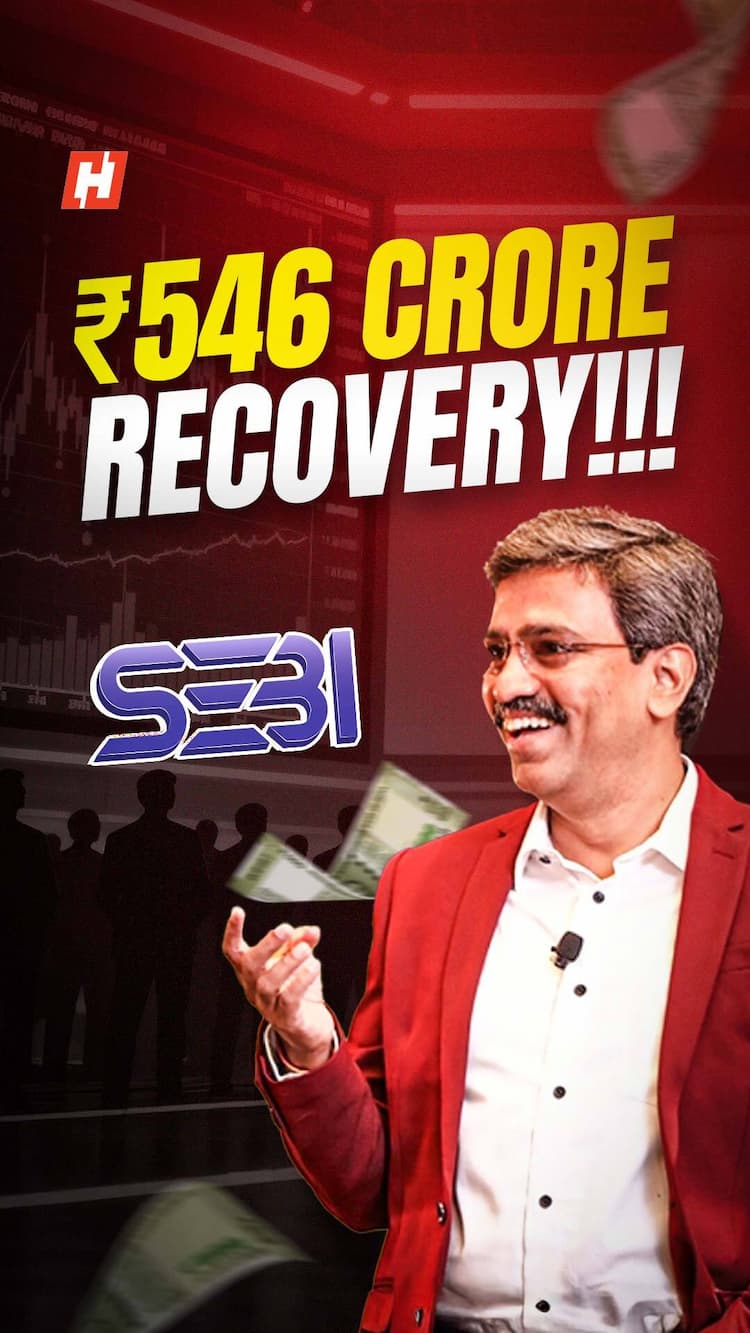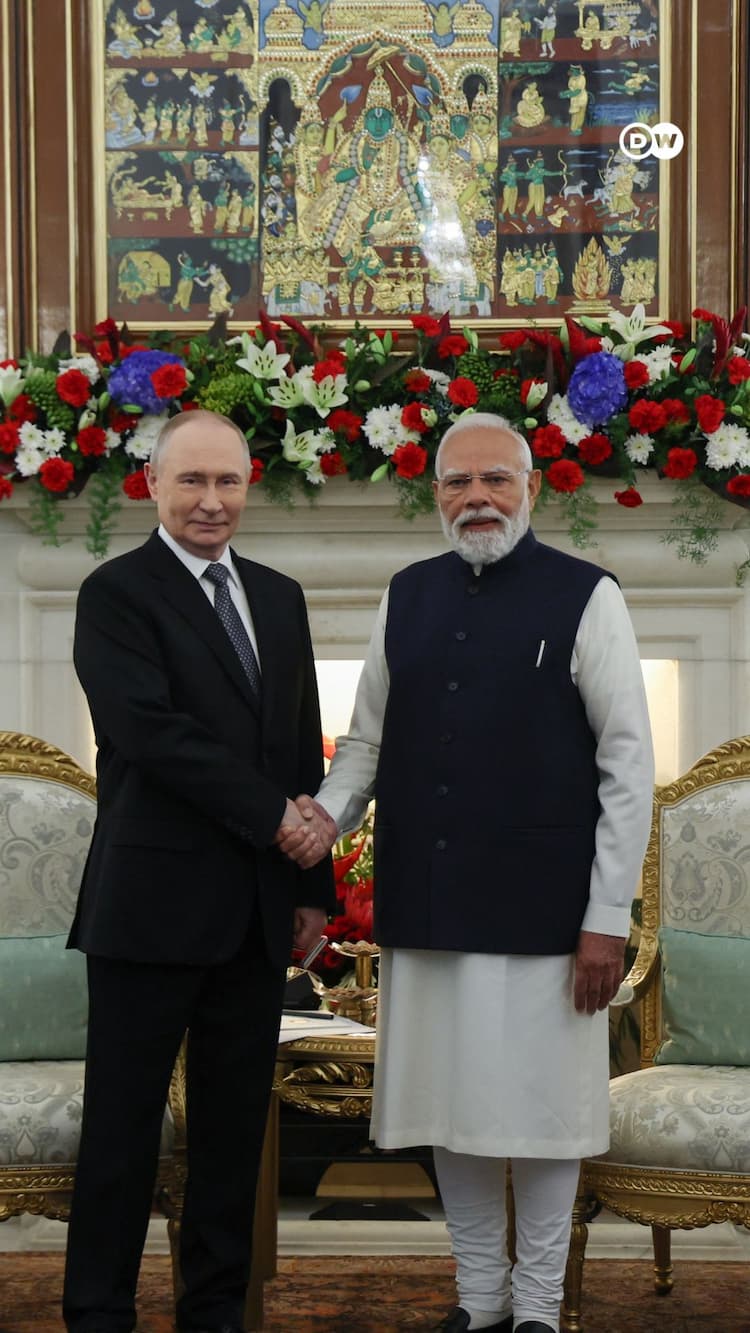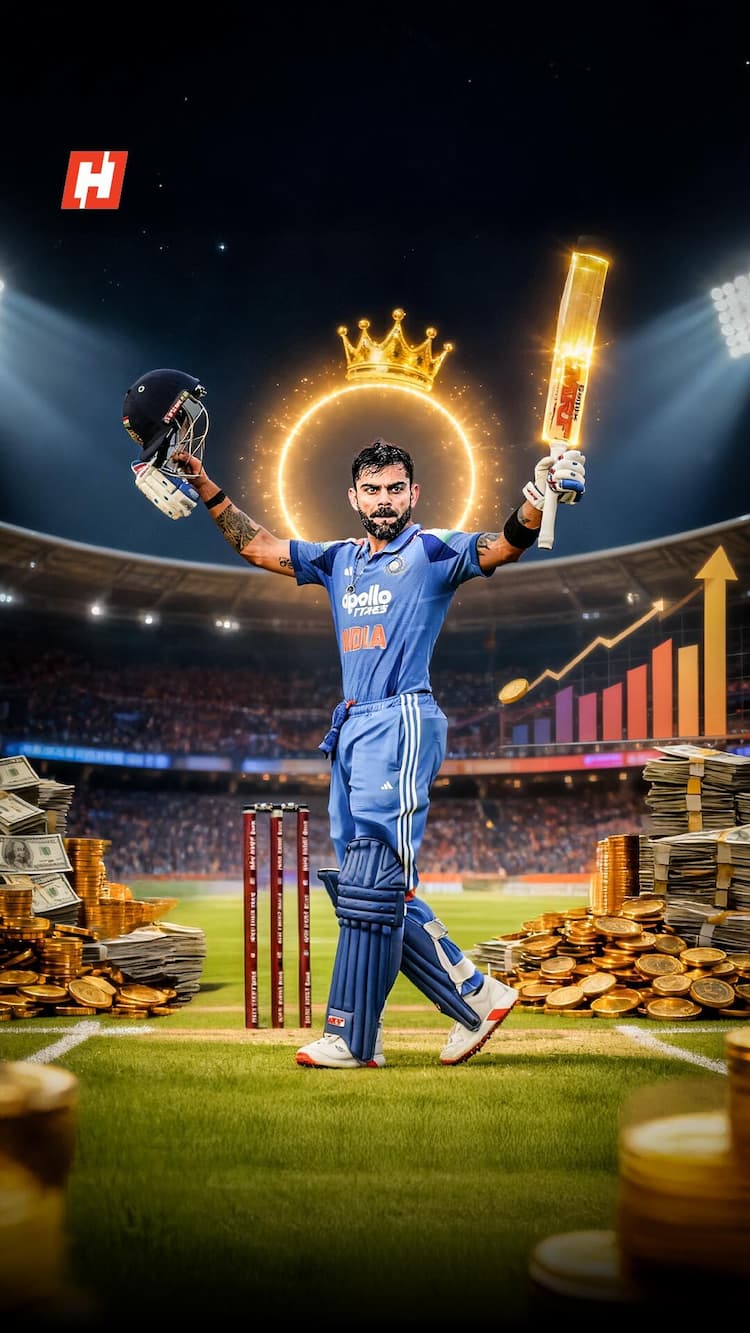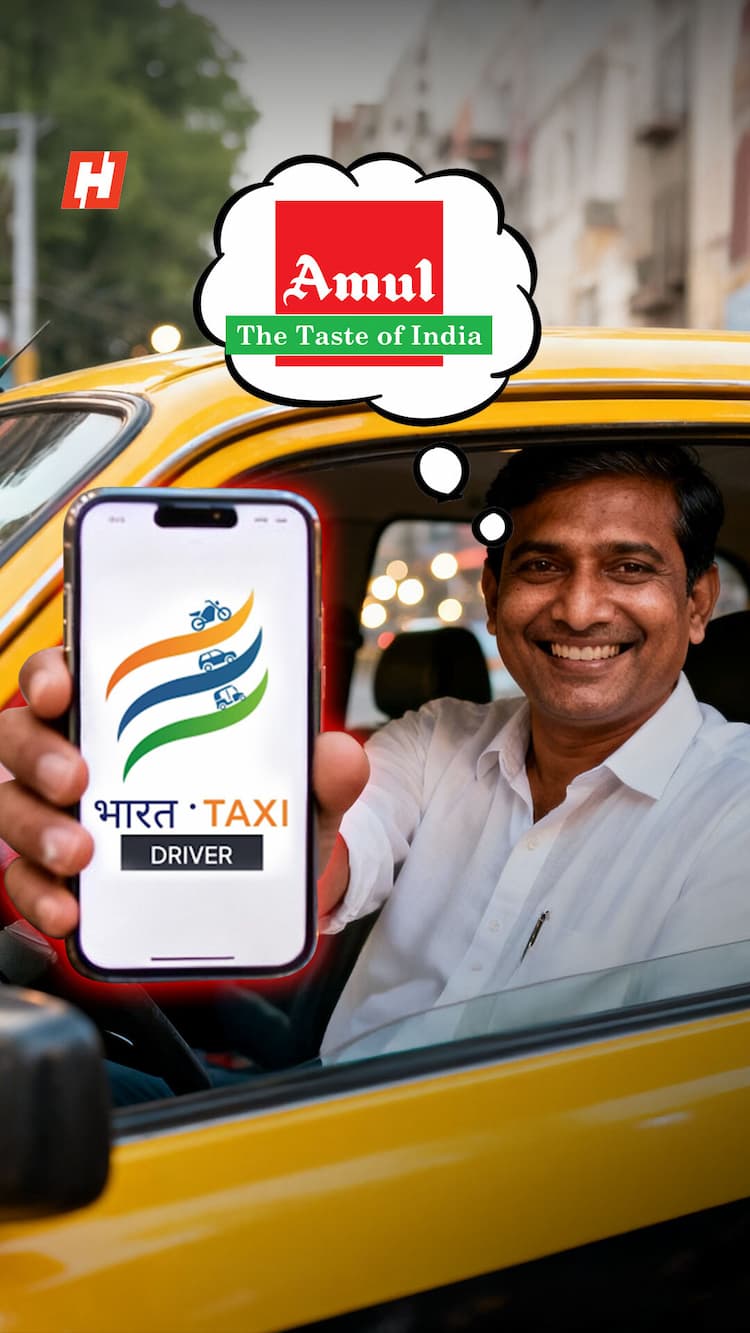Ageism in films: The alleged expiry date on female stardom should expire
For a long time, it was taken for granted that a female celebrity’s stardom has an expiry date in Bollywood. But now, it’s changing and actors are fighting against the stereotypical roles and dated portrayal of women above a certain age.
In a recent interview, actor Dia Mirza opened up about how work for her had dried up because of her age and how it happens with many women in cinema. The root of this ageism lies not just in the industry, but also in the way audiences are conditioned to view women.
What did Dia say?
Recently, actress Dia Mirza pulled back the curtain in an interview with The Times of India, opening up about an all-too-familiar reality for women in Indian cinema.
In the interview Dia revealed how taxing it was and how she was intimidated due to the weight expectations from female actors in the early 2000s. She said, "I was hurt. I was horrified. I was intimidated. I was filled with fears because that's what was fed to us by the media, by the industry. Aurat ho, toh aapki shelf life hoti hai (You have a shelf life because you are a woman). Be in your 20s. You will not be cast with the stars. The male superstars need you to be a certain age. You have to look a certain way. You have to be a certain weight. Every single actress who came into the industry in the early 2000s was told that you have to be a certain weight. You have to look a certain way. You have to be single.”
“I was beginning to believe that work had dried up for me because of my age,” she confessed. “It's a pattern; it happens with most women in cinema that post the age of 35 till 48, work really disappears.” Another disappointing element of this is that when opportunities do come, the roles women get are often reduced to roles that orbit around male characters—mothers, sisters, aunts.
The uncomfortable truth: Women in Bollywood aren't just fighting for roles. They're fighting for relevance.
Even Neena Gupta had a similar experience
‘Panchayat’ actor Neena Gupta has lived this imbalance firsthand. In a conversation with Lilly Singh, the veteran actress was asked about her age. Her response? “That I will never tell,” adding, “If I reveal it, I already get older women's roles—then who knows what I'll get?”
She further added that while heroes of the same age as her are offered lead roles, she is offered daadi roles. Neena said, “People will think, oh, she's so old, let's cast a younger actress,',” also saying, “Meanwhile, men my age are still playing heroes, and I get offered grandmother roles - that's just how it is. So, I won't say it."
It has been going on for a while...
Even Hema Malini—Bollywood’s original ‘Dream Girl’—wasn’t spared. In an earlier interview on ‘Rendezvous with Simi Garewal’, she had spoken up about how she was offered mothers’ roles after her wedding.
If Bollywood’s past trends are anything to go by, a 50-year-old man can be a heartthrob, but a 40-year-old woman is left to play mom to that heartthrob. The fact that it’s high time this changed is not lost on anyone.
Off-late, nineties stars like Kajol, Raveena Tandon, Sushmita Sen, Tabu, Madhuri Dixit, and many more, have made their mark with meaty roles centred around their characters. So the shift in the way women above a certain age are treated, is happening. With the rise of OTT platforms, the change seems more imminent. Be it Shefali Shah in 'Delhi Crime', or Dia Mirza in 'Kaafir', the way women are portrayed is changing. Women's lives don't stop after 40, so why should stories about that phase not be told?









